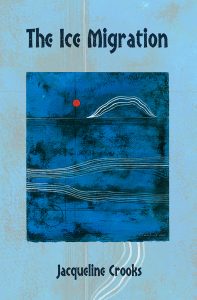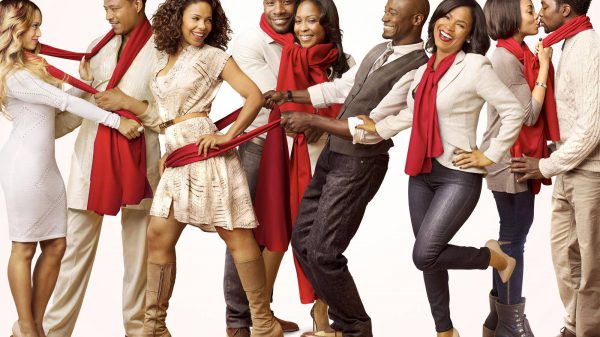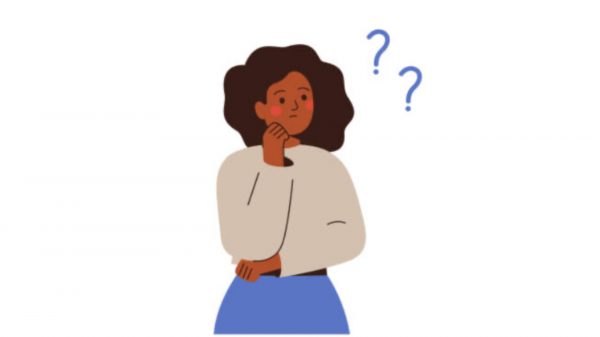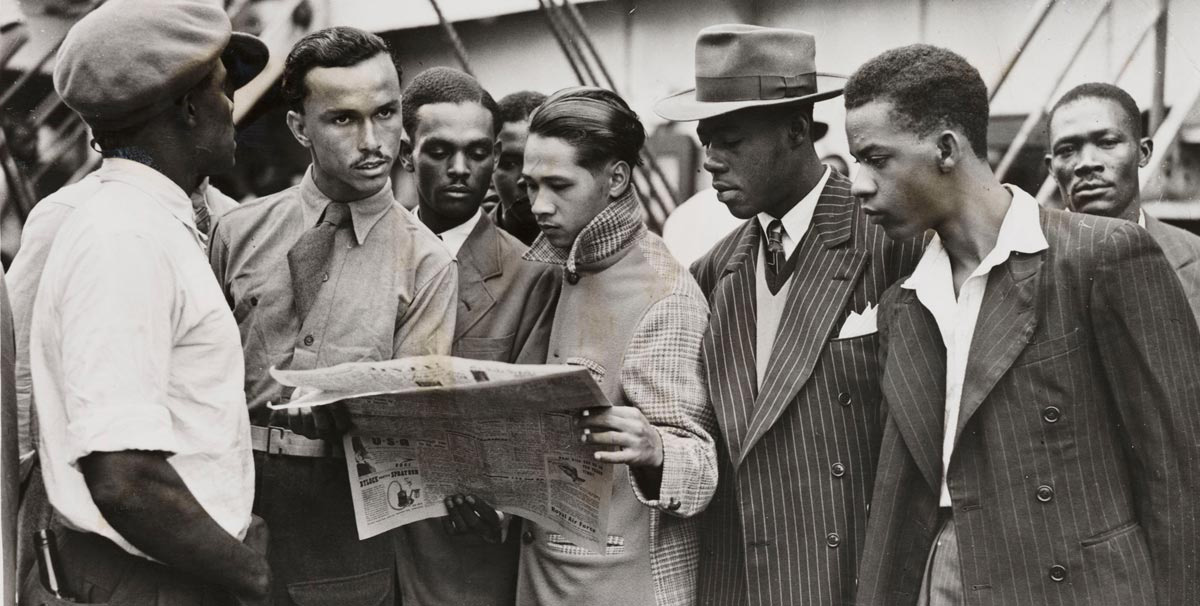Friday 22nd June 2018 marks the 70th anniversary of the first arrivals from the Empire Windrush – the ship that in 1948 brought many Jamaicans and other members of the British Commonwealth across the Atlantic to help rebuild post-war Britain, and set in motion the growth of Black British life as we know it today. Author, and child of the Windrush Generation Jacqueline Crooks shares how writing has helped her reconcile her idea of where home is today.
***
This June marks the seventieth anniversary of the arrival of the Empire Windrush ship from the Caribbean at Tilbury. But for a Windrush Generation migrant -or any migrant – where is home?
I was born in Lluidas Vale, a small village in Jamaica, in 1963. In the geographical center of the island, 1, 200 feet above sea level, mountain-cool lush valleys, and the Worthy Park sugar plantation.
My mother and I left Lluidas Vale in 1964 and travelled to London as part of the Windrush generation. We arrived in London with our ancestors’ spirituals, folk songs, sayings, superstitions – and not much else.
My mother went from working on the sugar plantation in Lluidas Vale to working at the Callard & Bowser sweet factory in Southall. But life was anything but sweet for her or the other Caribbean migrants whom we lived amongst. Racism. Poverty. Isolation. Irrevocably fractured families.
The Windrush Generation recreated their Caribbean homes in England. My grandmother and mother crocheted multi-coloured doilies that sprouted on the backrests of sofas, on tables and any other available surface, like Caribbean orchids.
Excluded from cultural life, the Windrush generation created their own churches, blues parties. Some bought houses and filled them with Caribbean lodgers who occupied the gaps of those who had been left behind. They gave rise to what we call Black British Culture and a wave of creativity that gave us dub poetry, lovers rock and much more. With the ubiquitous Caribbean style, they have impacted on fashion, literature, music, academia, sports. Pride magazine is a great representation of this.
It was my own search for home that led me to write The Ice Migration stories – my exploration of Caribbean migration that spans thousands of years, going as far back as the last Ice Age. The exploration required experimentation with different literary forms: biography, history, fact & fiction, rap, all thrown into this pepperpot of an anthology. The stories are told in the voices of Windrush migrants – grandparents, children, lovers, carers, the uncared for. If I had to choose a soundtrack to the stories in the book, one of the songs would be ‘Many Rivers to Cross’ by Jimmy Cliff. It evokes the search for home and belonging.
Writing these stories was a way of honouring the Windrush Generation and also a way of reaching a deeper understanding of myself and other Windrush Women, trying to find a narrative thread that connects us through the ages. What I discovered was the survival mechanisms of Windrush Women: prayer, ritual, spell, and story. The use of the spiritual to transcend.
 Writing is my search for home. With indentured Indian ancestry, my search has also taken me to India where I travelled for six months, searching amongst the crowds of Delhi, Rishikesh, and Kerala. Looking for something atavistic in the faces of its people. And to Kenya, where I found a resemblance in the people to my grandmother and her brothers.
Writing is my search for home. With indentured Indian ancestry, my search has also taken me to India where I travelled for six months, searching amongst the crowds of Delhi, Rishikesh, and Kerala. Looking for something atavistic in the faces of its people. And to Kenya, where I found a resemblance in the people to my grandmother and her brothers.
The last story in The Ice Migration ends at the beginning, with my Indo-Caribbean great- grandmother, on the sugar plantation, wrestling physically and mentally with the plantation manager. She considers her mud hut home in India, the barracks of the sugar plantation in Jamaica. Ultimately, she is forced to rewind to other lifetimes in her search for home.
The search for home is perhaps an exploration that goes beyond the boundaries of time and space.
The Ice Migration by Jacqueline Crooks is published by Peepal Press, £10.99
How to mark the Windrush Anniversary this summer
RE-READ: Small Island by Andrea Levy – the seminal, prize-winning novel centring on the migration of Jamaicans to Britain in 1948, told from the varying perspectives of four very different characters.
CELEBRATE: Black Cultural Archives – Brixton’s African and Caribbean historical centre hosts a free family celebration of music, poetry, arts and crafts and talks. Celebrate the foundation of bass culture music as DJs play classic reggae, lovers rock, ska and hip hop.
Saturday 23rd June, 12pm – 7pm, free tickets available here: http://bit.ly/2J2bul7
ATTEND: Windrush Women: Past and Present – an evening of poetry and readings inspired by the lives of female writers from the Windrush era.
Monday 25th June 2018, The British Library. Tickets available here: http://bit.ly/2J50UKp


































































